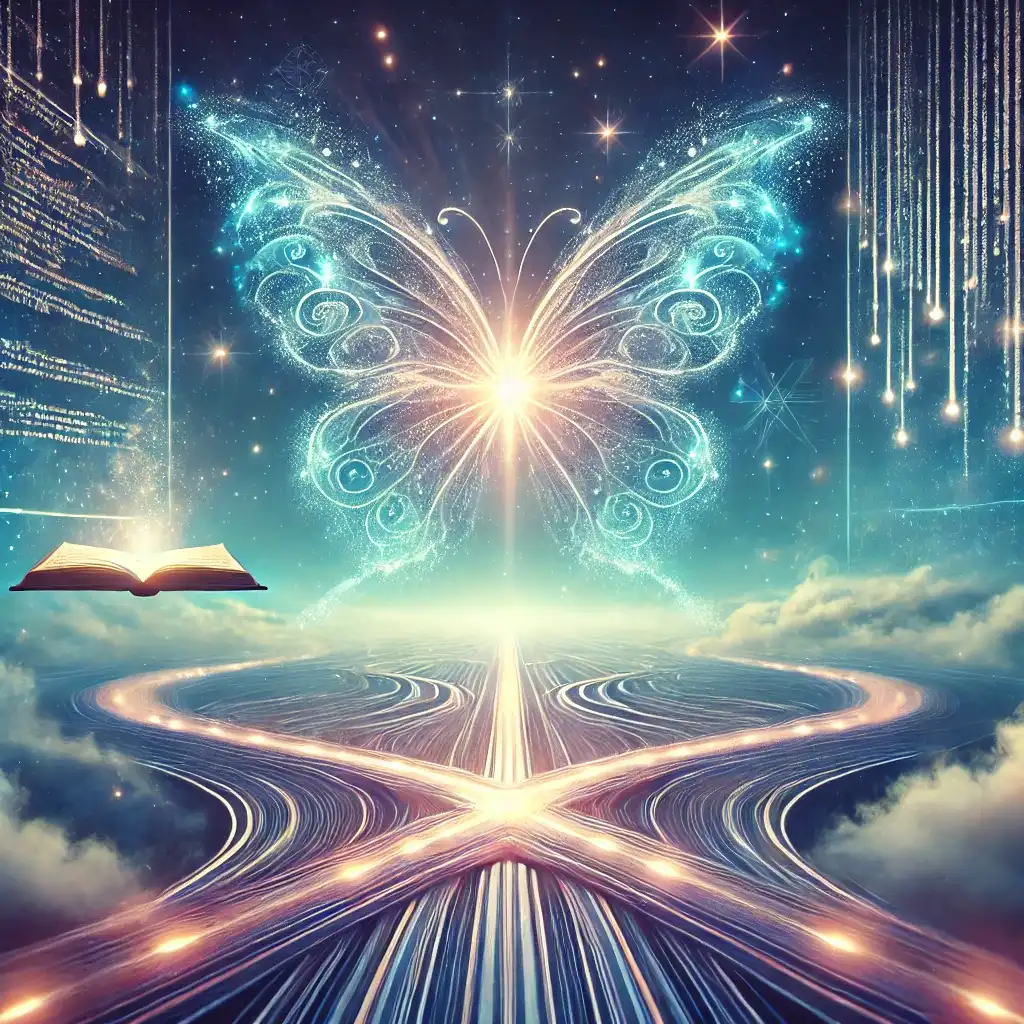
Rewriting my career from developmental editor to software developer
Oct 21, 2024
I wasn’t sure how serious the injury was.
I’d felt a strange pull in my knee during kick training, but nothing seemed too bad at first. It wasn’t until the next day, when I could barely walk, that I had to spend my day at the hospital. The swelling had come out of nowhere, and I found myself sitting in an emergency room, and nothing but time to think.
I had been asking myself one question for months: Was it time to quit being a developmental editor? I enjoyed the work—reading, editing, talking to authors about their stories—but something felt off.
Every time the thought of leaving the career crossed my mind, I pushed it away. I was afraid of what people would think if I quit something I claimed to love. I thought quitting meant letting go of my love for storytelling.
But in that stretcher, as I sat there reflecting, the question returned, and this time the answer was clear: I was done.
When I look back, I realize that at 22, I didn’t know where I was going. I was getting a degree in international business, loving what I was learning but completely disconnected from the career paths it offered.
Diplomatic roles or managerial positions held no appeal. And yet, I couldn’t figure out how to ask for guidance, how to find a different path. I drifted for years, trying my hand at various jobs—managing a coffee shop, forex trading, freelance writing, even working as a personal assistant. None of them stuck.
Then I found developmental editing. I loved storytelling, so it made sense. Here was a career where I could talk to authors, shape stories, and make money. After years of bouncing from job to job, I could finally say I was doing something I cared about.
But over time, I realized I wasn’t as committed as I pretended to be. I didn’t gain the traction I expected after four years. And I wondered if I was half-assing it because, deep down, I just didn’t care enough.
I ignored the voice inside me that told me to stop. Once again that fear of judgment, fear that I’d be seen as someone who gave up too easily, kept me in the game longer than I wanted.
During my last year as a developmental editor, I shifted toward a mentor role. I thought it would bring me closer to my vision of inspiring self-mastery through storytelling. I wanted to understand the creative process at a deeper level, to help authors bring their stories to life in ways that felt aligned with their intentions.
I enjoyed my conversations with the authors. I loved asking them about their intentions, understanding what troubled them about their stories, and figuring out how to align their visions with storytelling fundamentals. And the more I did this, the more I realized: I loved solving problems. I loved creating solutions.
But I wasn’t solving the kinds of problems I wanted to solve.
That day in the emergency room, with nothing but time and a swollen knee, I allowed myself to ask the question: What if the missing piece for my vision is technology?
I knew I wanted to work at the intersection of creativity, storytelling, and human potential. But up until that moment, the vision hadn’t been crystal clear. Programming had been calling to me for a while, but I didn’t trust it. After all, I’d tried once before and failed to commit.
Software development has fascinated me ever since I was a kid, but I’d never fully committed to learning it. I tried my hand at programming back then, but reading Harry Potter was more enticing at the time, and I lacked the patience to go deeper.
The next day of that hospital visit, I shut down everything related to my editing business. And I took a leap of faith.
I sketched out a plan to learn the technical skills I needed, and I realized that programming wasn’t just about coding. It was about designing systems that solved real problems. It was about creativity.
And most importantly, it was about building the future I’d envisioned for so long. One where I could design stories and technology that inspire self-mastery and unleash creativity.
Making that decision wasn't easy, but it was right.
And something unexpected happened: the hunger for knowledge, the passion for learning, and the joy of creating have all come rushing back. I feel alive again, constantly thinking about new challenges and ways to solve them. It's a sense of fulfillment I haven’t felt in years.
I believe technology is one of the greatest tools we have to unleash human potential. And for me, programming is a way to create the solutions I’ve been envisioning. It’s a way to ask deeper questions about creativity, storytelling, and what it means to be human.
If you’re reading this and feeling that familiar tug, that quiet voice asking you if it’s time to make a change, trust it. Trust your intuition.
I invite you to follow my journey, not as a roadmap, but as inspiration to finally take that leap. If you’ve been delaying a decision, maybe it’s time to ask yourself: What's my version of success?